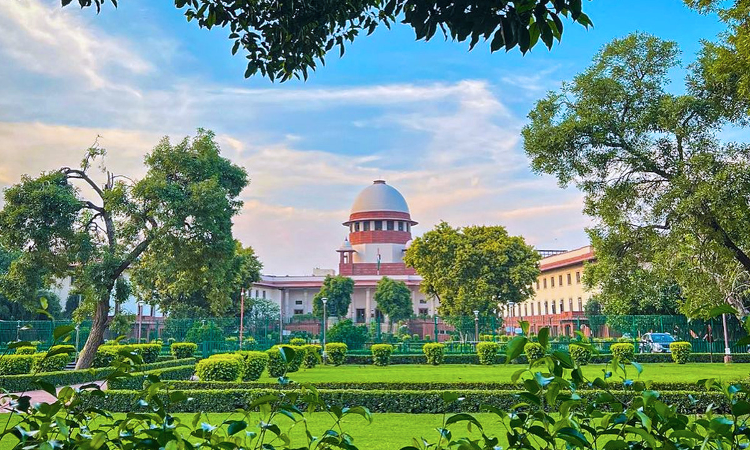No One Can Be Penalised For Holding An Opinion Not In Confirmity With Constitutional Values: Supreme Court
Ashok KM
3 Jan 2023 8:20 PM IST

Next Story
3 Jan 2023 8:20 PM IST
No one can either be taxed or penalised for holding an opinion which is not in conformity with the constitutional values, the Supreme Court remarked in its judgment delivered today.The Constitution Bench (majority 4:1) observed thus while holding that a mere statement made by a Minister, inconsistent with the fundamental rights of a citizen under Part III of the...
